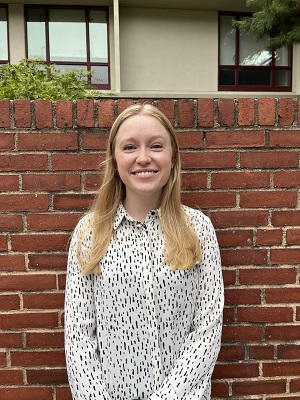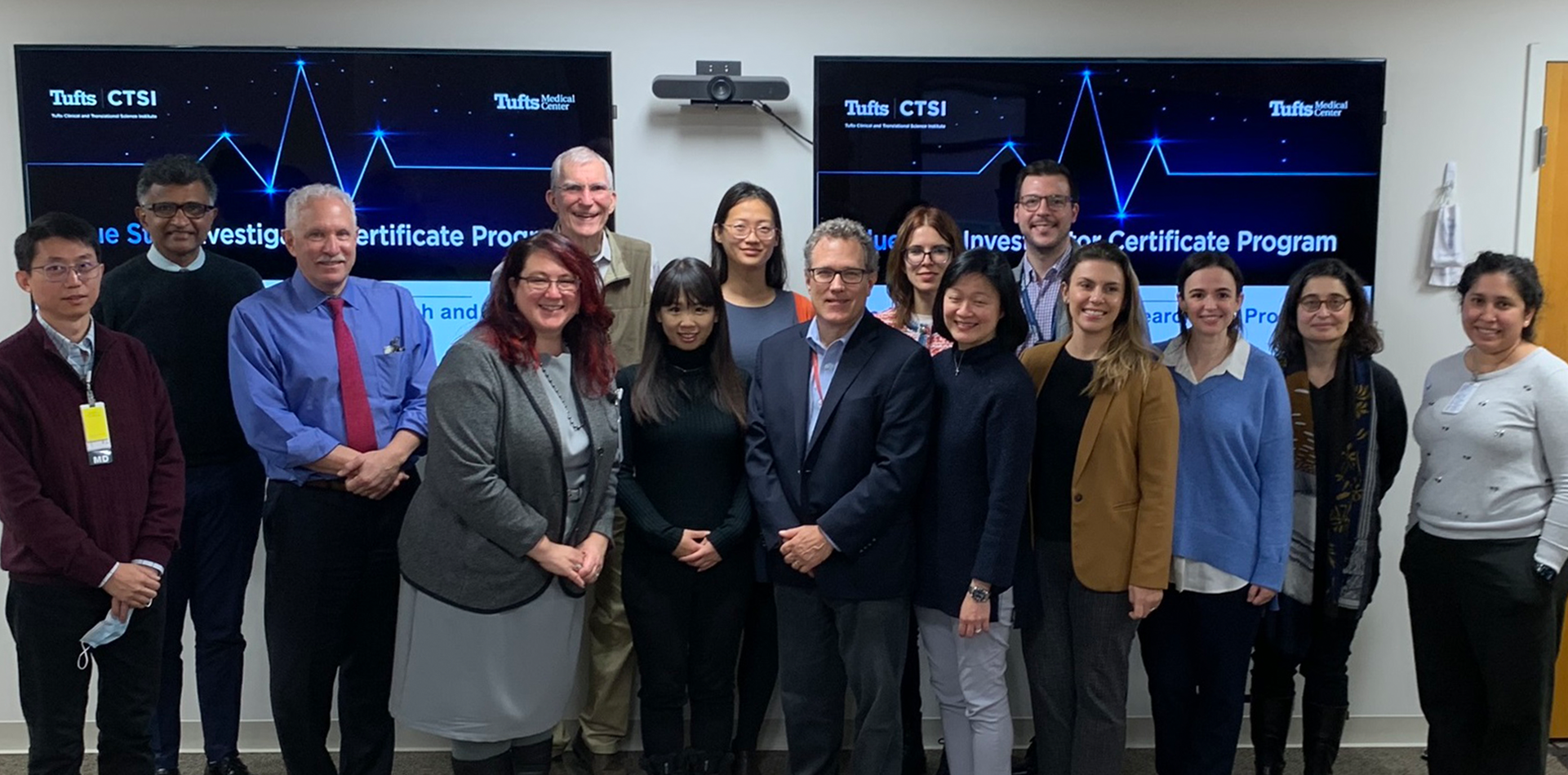Iris Jaffe, MD, PhD
The Elisa Kent Mendelsohn Professor of Molecular Cardiology
Study Title: “Credentialing a cross-species platform to investigate cancer therapy associated cardiovascular toxicity”
Can you tell us a little about yourself, what you do, and what research project brought you to the Tufts CTSI Research Studio?
I’m Iris Jaffe, Executive Director of the Molecular Cardiology Research Institute and I run a research lab studying mechanisms of vascular disease. Several years ago, in collaboration with Cheryl London, we were looking to put in a pretty large proposal to the NIH in response to an RFA about new ways to model cancer. We were proposing a relatively innovative approach to integrate across species, from cell models and mouse models, which is what I worked on in my lab, to canine cancer models in the veterinary school, to human patients with cancer. [We wanted to use] that cross-species platform to study why cancer drugs cause cardiovascular side effects. This is when I was introduced to the idea of this CTSI Research Studio as a way to get some perspective and assistance with how to do the modeling across three species.
Can you tell us about the overall value of the experience?
We presented this idea to a diverse group of people in Tufts CTSI. We got a lot of feedback. Predominantly, what we were looking for was help with the statistical analyses across species, but we also got a lot of feedback about our presentation, and the project in general, which I think was really helpful and that made the grant better. I thought the value of the experience was twofold. One was to get feedback from diverse investigators and people with diverse expertise, and then Tufts CTSI also helped us to build the statistical plan we put into the grant, which ultimately got funded. We’re now working with folks in Tufts CTSI to do the statistical component of that project.
How did your studio presentation help you connect with collaborators across Tufts CTSI?
We already had a lot of collaborators on the grant, but we didn’t, at the time of the presentation have people in Tufts CTSI to help with the statistical part. And so, after our presentation, we were connected with specific individuals with expertise in the type of statistical analyses that we needed to do. Those folks helped us to craft both the language for the grant, and then also once we got the grant to helped us to execute it. Those members of Tufts CTSI became collaborators, co-investigators, on the grant, and we’ve published with them since then.
What insights did the studio experience provide that helped you with project development?
See previous answers.
Are there aspects to the studio experience that could be added to improve the value for participants like yourself?
The one thing I will say is that I didn’t really know about [research studios] at the time. I think it was because Dr. London was a collaborator on the grant that she brought up the idea, and so I remember at the time, it being a total surprise to me that it existed. I guess what I would suggest greater dissemination of what this program actually is, the fact that it exists, and what you need to do to get involved. By the time we did get involved it was relatively close to the deadline for the grant. I think that the other thing is that greater awareness of the program might allow people to get involved sooner, and then have more time to incorporate the benefits of this into their proposal.
Who do you think within the research community would benefit from participating in a studio? And why specifically would you recommend participating in a studio?
Again, I have this one limited experience, but what I found most beneficial was the help with the statistical support, particularly in a setting where we had really a complicated proposal that was going to require statistics across species. So, I think anybody who either is trying to put in a proposal where they don’t have sufficient statistical expertise or mentoring, depending on what level they are right in their career would benefit, because it would help them to get hooked up into the right people to do that, and I think also doing it prior to submission, would be really helpful like we did. You could imagine also doing this afterward, but that would limit your opportunity to build that into the proposal.
When we think about the sort of spectrum of people that could benefit do you think there’s a bias to junior faculty submitting their first RO1 or in the setting of a resubmission? Do you really think they would benefit from this more than senior faculty? Or is it sort of an equal opportunity for feedback?
Junior investigators have more needs; they may need more expertise, and they also may be less plugged into collaborators to help them with things. By the time you are a senior investigator, maybe you have the person that you reach out to for the statistical things. That being said, our proposal involved pretty senior investigators, and it was super helpful. So, I think senior investigators would benefit in specific circumstances where they really need the expertise of Tufts CTSI that they don’t already have. I think junior investigators could benefit almost at any level because of that other component of presenting your work to a diverse group of people and getting feedback and suggestions. You know there’s a lot more feedback and suggestions that the junior investigators could learn from, and maybe they also don’t have a community to do that. Senior investigators have people to sort of bounce their ideas off of in their grants, but the junior investigators, maybe not so much.
To learn more about our Research Studio program, click here.
Ready to enter the Studio?
Research Studios are typically held on the first Thursday of every month (via Zoom) from 3:00-4:00PM.
To present your project idea at an upcoming Research Studio, please contact Hannah Santos, MBA, Program Administrative Director, at hsantos@tuftsmedicalcenter.org.



